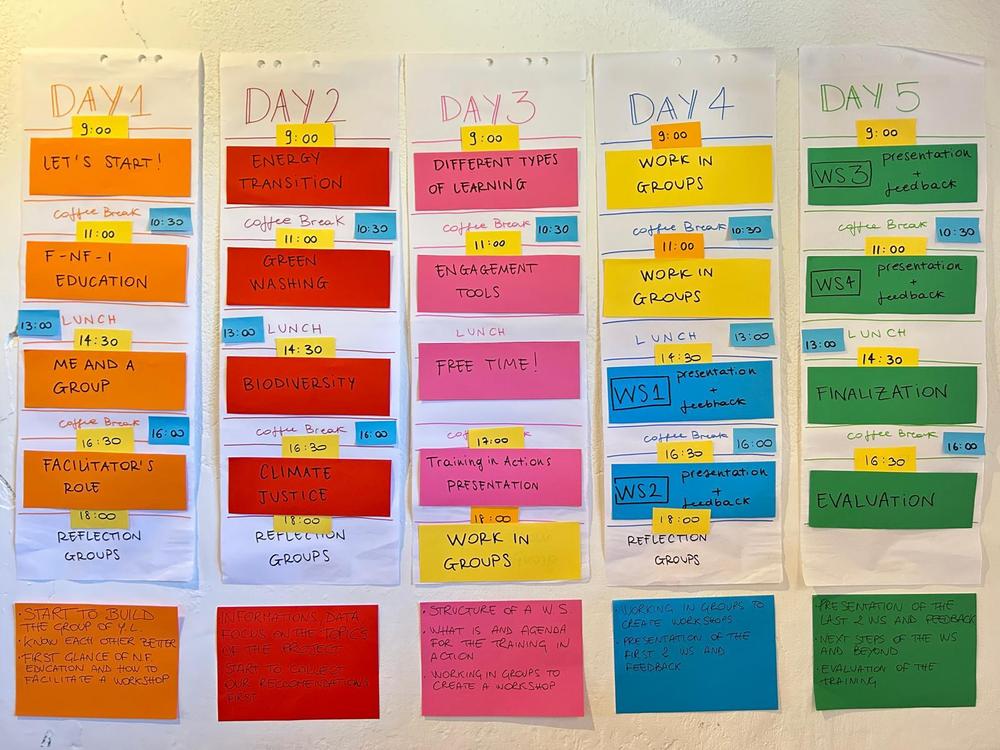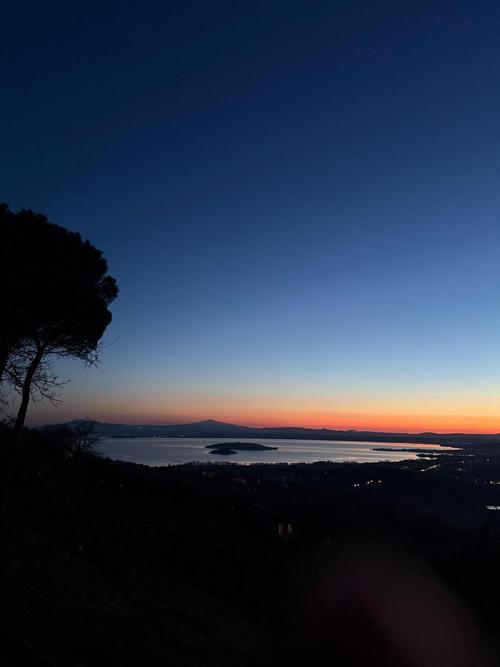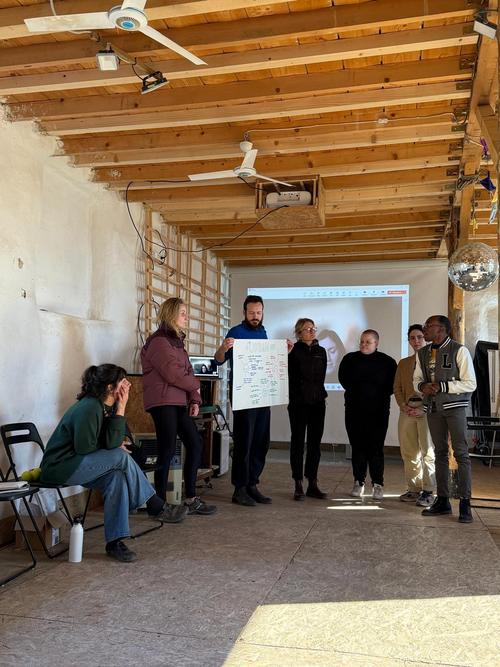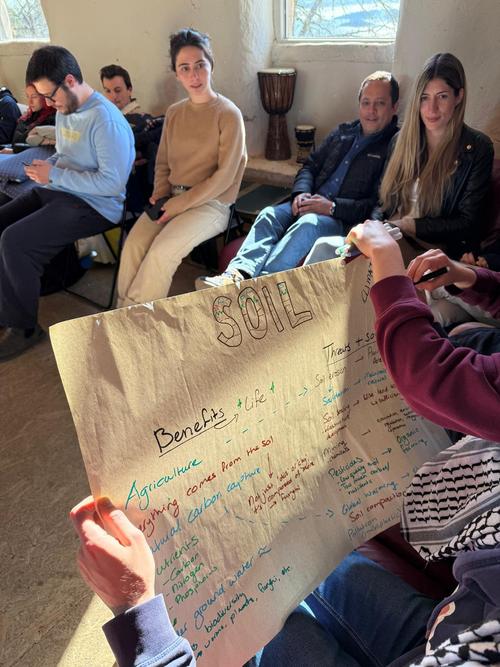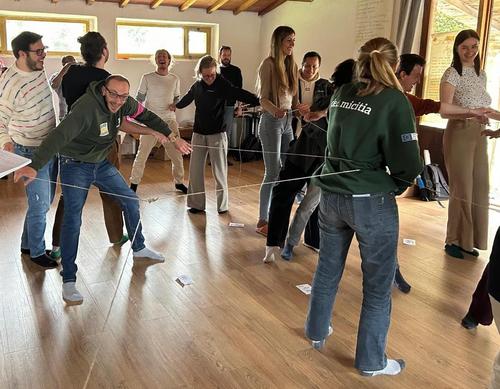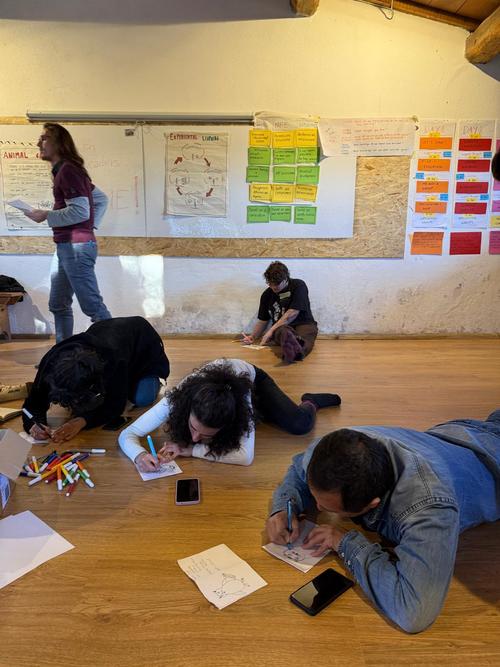Training on youth engagement in Italy
If the European Youth in Action project is about collecting recommendations from young advocates for climate justice to present to European policymakers, then it’s also essential to equip youth leaders with the right tools and skills to help generate ideas, insights, and proposals for addressing the climate crisis.
For this reason, a group of youth leaders from different countries met in Italy for hands-on training on how to become better trainers!
Here are some reflections on the experience, written by the youth leaders from Finland:
Lisa
The training comprised various sessions aimed at equipping youth leaders with the knowledge and skills necessary to design and facilitate workshops on the four topics related to the European Youth in Action project: climate justice, biodiversity, renewable energies, and greenwashing.
The initial sessions focused on understanding non-formal education and the role of a facilitator. A full day was then dedicated to providing more knowledge about the project’s topics. This day included contributions from experts and a blend of both formal and non-formal educational methods.
In the final sessions, participants worked on designing workshops. They were divided into four smaller groups, each tasked with creating a workshop session on one of the aforementioned topics. These groups then tested simplified versions of their workshops by facilitating activities for the rest of the participants. The finalized workshops were documented and compiled into a toolkit, which youth leaders can adapt to the specific contexts in which they will operate.
Personally, I chose to focus on the greenwashing theme because I found the expert session on this topic particularly inspiring. It was challenging to develop an activity that could be delivered within just one hour, but I believe the results were effective. The feedback provided by both the group and the pool of trainers was detailed and helpful in refining the activity for the finalized toolkit version.
I was pleasantly surprised by the variety of activities developed by each group! Since we were encouraged to draw inspiration from the methodologies used during previous sessions, I had expected to see more repetitive approaches. However, the groups came up with highly effective and diverse activities, ranging from world cafés and role plays to spatial games and creative sessions like drawing and painting.
Disa
During these five days we learned basically how to facilitate a week full of workshops or an educational workcamp in a compact package. The most valuable insight that I personally learned was the importance of team building exercises. Collecting participants' thoughts, expectations and fears regarding the upcoming work camp week on the first day of the camp contributes to the feeling of a safe space. As a facilitator you should then take the participants' thoughts into consideration when continuing the week. A social contract regarding the week needs also be discussed on the first day so that participants have a common ground about the values of the workcamp. The team building exercises and social contract contribute to the good vibe regarding the rest of the camp!
Besides getting ideas about how to create educational workshops I also learned a lot about myself and how I act in a group of foreign people. I was out of my comfort zone many times and passing my personal boundaries felt kind of liberating afterwards.
The fellow participants from other European nations gave me valuable insights about their home countries environmental problems and why the green transition isn’t progressing on their local level. I really broadened my knowledge regarding the subject I am studying!
